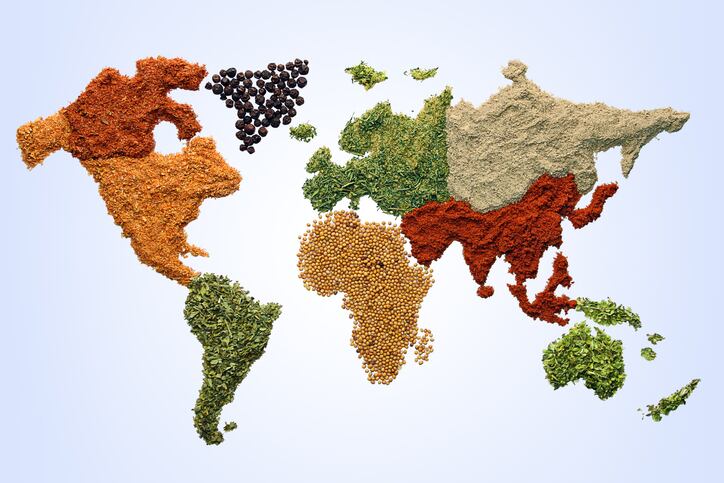The supplier of dehydrated vegetables, herbs and spices has seen its demand for instant and Italian noodle seasoning packets increase more than five times this past year in China alone.
According to Mike Liu, chairman of BCFoods and president of the China Spice Association, convenience and shelf-stable foods were popular last year as people ordered take-outs and cooked more at home.
Liu told FoodNavigator-Asia many brands in China saw sales peaked during the pandemic period.
One example is an Italian Noodle E-Commerce business, whose market in China tripled in 2020 compared to 2019 sales.
Tapping on this upward trend, BCFoods is set to open a new seasoning plant in April 2021, located in Shandong province.
Supplying to restaurants and finished product companies, the new seasoning plant will produce noodle seasoning packets and jars of seasoning.
In addition, it will also sell direct to consumer on e-commerce, seasoning pouches such as black pepper sauce, mala sauce in 50 to 100g bags. Sold under its subsidiary brand, Culinary Farms, the aim is to produce 30 to 40 million pouches by year-end.
The new Culinary Farms plant is expected to more than triple its revenue this year.
Recently in November 2020, BCFoods opened a dehydration facility in Hebei, China to supply dehydrated vegetables including onion, garlic, carrot, green and red bell peppers, and tomatoes.
By 2023, this new plant will reach production capacity of 15,000 MT’s, supplying dehydrated vegetables to customers throughout the world
More flavour and bolder options
The pandemic had resulted in two trends, consumers demanding more flavour options and bolder tastes.
According to Liu, people were “bored” and became more interested in trying to recreate restaurant flavors at home.
One example is popular hot pot chain, Hai Di Lao, famous for its mala soup (spicy and numbness), to which BCFoods supplies chilli and pepper.
Liu cited the hot pot industry as a trend setter in China, where 60% of flavour is mostly Southwest style (Sichuan/Chongqing province) with heavy, bold, mala profiles, and 40% of milder, less spicy profiles found in other regions like Beijing and Inner Mongolia.
As such, mala remained a top flavour choice for many consumers in China.
The firm has also observed growing demand for international flavours such as oregano, bay leaves, and parsley, which are traditionally western flavours.
“The younger generation in China want a variety of flavours in their foods, they don’t want to eat mala foods everyday,” Liu said.
Season greetings
Despite demand for herbs and spices increasing during the pandemic, many countries imposed restrictions or shutdowns, halting production and affecting supply.
For instance, Liu said about 40% of the cumin (35,000 tons) China uses is imported from India, which saw its harvesting and processing halted during a nationwide lockdown, leading to higher prices.
It was a similar story with chilli. China imports more than 100,000 tons of S17 chilli pepper from India, where prices increased more than 50%.
In terms of dehydrated onion, there was a worldwide supply shortage of about 20% mainly from USA, India, and China, with a 30% price increase, Liu added.
During the pandemic, several herbs and spices such as turmeric and ginger were studied for their immune boosting properties as an adjunct treatment for COVID-19.
Beyond the pandemic, Liu foresees several issues will continue to plague the herb and spice industry, such as the ongoing trade war between US and China, increasing labour costs in China, and longer supply chains which cost more in money and time.




